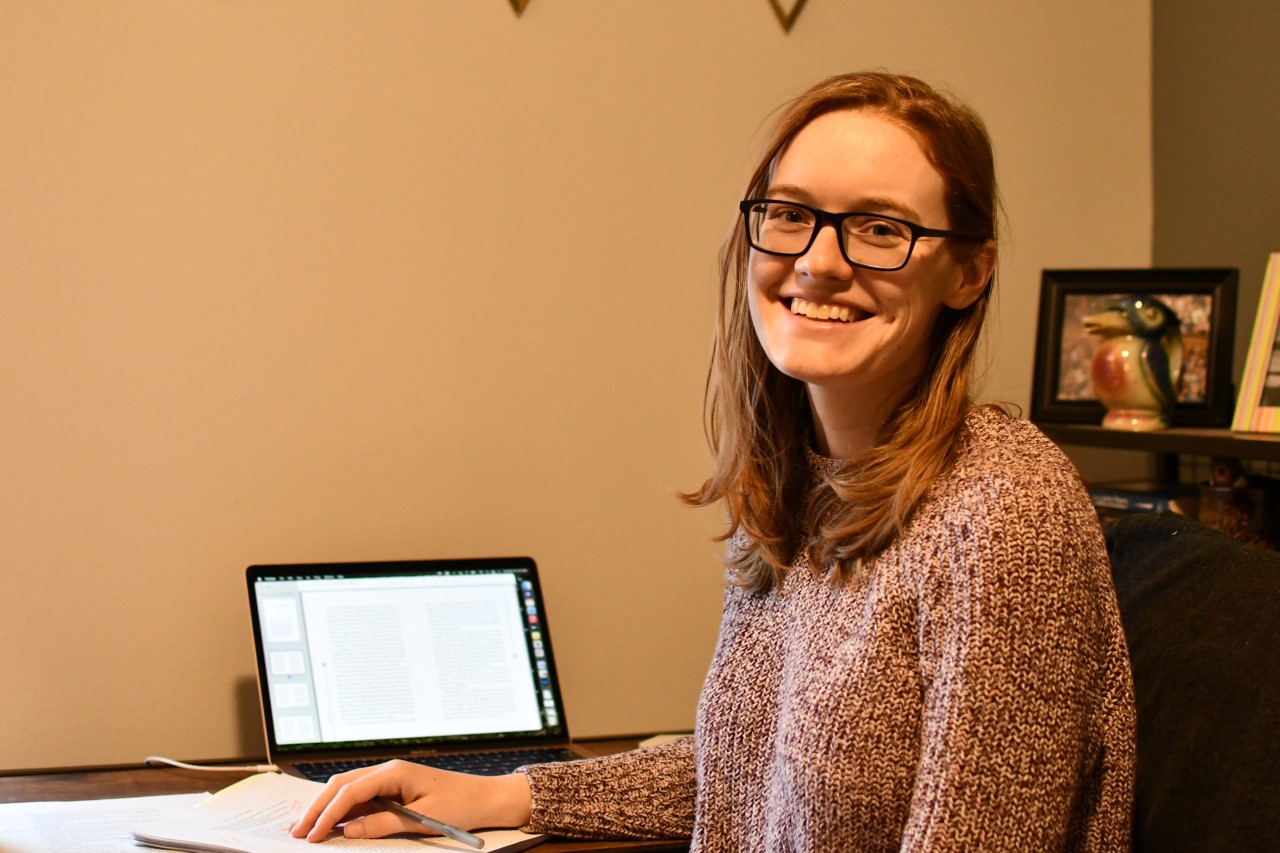Holly Hilliard: Five Questions with the Author/Editor
I am delighted to introduce my readers to author and editor Holly Hilliard. We’ve known one another for the past ten years. Ever since she was a student at Duke University. We recently collaborated on a project. I’ll let her tell you about it!
Holly Hilliard: What authors inspire you? What kinds of stories put you on your path to becoming an author?
There’s one genre in particular that always makes me feel happy. And that’s Young Adult (YA) fiction. I gobble up anything by Nicola Yoon, Jenny Han, Marissa Meyer and Angie Thomas. Mostly contemporary, realistic YA, though I also enjoy fantasy. YA books are the ones that made me fall in love with reading in the first place. And as I’ve gotten older, I still find myself returning to YA when I want to feel that giddy, first-love feeling. I write both YA and adult fiction. But when I’m writing YA, I find that I’m more excited to return to the page every day. And I’m more playful with structure and voice. It’s fun to tap into my teenage self.
Holly Hilliard: Describe how you got into your writing career from completing your first novel to your first publication.
When I was an undergrad, I was determined to write a dystopian YA novel. The project was for my senior thesis in creative writing. I had the whole idea figured out. I approached all my professors in the Creative Writing department to ask if they could advise me. And all of them turned me down. (Eight professors in total.) Then I remembered about Julie. She was in linguistics and not creative writing, but she was also a novelist. So, I got up the courage to ask her for help. She signed on as my advisor. And we spent the next year brainstorming plot ideas and discussing character development.

Julie supported my love for YA. And she made me feel like what I was writing was just as legitimate as anything else. This encouragement was a new and important feeling for me at the time.
After graduation I worked with an agent on my senior thesis novel. I did several rewrites while also working full-time at a literary agency in NYC. I also worked on a few short stories for fun. As an undergrad I had done some internships in the publishing industry. And the wonderful team I interned with at One Story magazine ended up publishing my first YA short story, One Small Step.
The novel itself didn’t get published. And I moved on to other projects.
Holly Hilliard: You’ve recently added editing to your professional skills. What are some of your editing techniques and practices? And what projects have you worked on?
While I was an assistant at a literary agency, one of my favorite parts of the job was meeting with clients to help them come up with book ideas. A lot of writers would come in with a “seed” of a story or even a proposal. Then my boss and I would talk the idea through with them, offering suggestions and brainstorming what the structure of the book would look like. I got to read through early drafts and offer feedback before we pitched those books to editors.
When Julie reached out to me last year for help with Wealth Whispers, I was excited to do that same kind of developmental editing again. In the years since leaving the agency, I was an operations manager in corporate America. It was my job to be organized and make sure our team was running efficiently. These organizational skills came in handy as I worked on Wealth Whispers. I kept a lot of lists!
As an editor, my goal is to help writers do what they want to do. I pay close attention to what’s already on the page and let the writers’ intentions guide any suggestions I make. Most of the time, I ask questions about plot or character motivations. Why did Character X give Character Y that meaningful look on page 49? As a writer, I find this sort of questioning helpful because it enables me to see thing I didn’t necessarily intend to write. And it doesn’t provide an answer. Rather, the questions help me to come up with answers on my own.
Holly Hilliard: You also have experience teaching creative writing. How has this activity enhanced your own writing and editing?
I taught undergraduate Intro to Fiction Writing while pursuing my MFA (Masters of Fine Arts) at NC State University. This was at the same time that I was doing my corporate job. I had a lot to juggle, but I found that planning lessons was extremely helpful for my own writing. Sometimes in the middle of a long-term writing projects, it’s easy to forget the basics. I love finding new ways to think about writing. And, even now, post-MFA, I enjoy taking online writing workshops to gain new insights and tips.
I currently teach Fiction in an Adult Arts program. I’ve learned that when my students are feeling stuck, it can be helpful to have them look for patterns in their work. A One Story writing workshop put it this way: Stories create patterns then break them. If you don’t know what the climax of the story is, try to figure out what your story is already doing. Then do the opposite.
Pattern-finding applies to editing as well. I love looking for patterns in the author’s work, since these can help inform where the story goes. Finding a pattern in Wealth Whispers helped Julie figure out what was needed in her climactic scene.
Holly Hilliard: What are your writing, editing and teaching plans for the future?
I’m working on a YA novel that takes place during a college backpacking trip. I’ve revised it once. But now I’m going back and trying to refine some of the major themes and cut the unnecessary stuff. I like editing, so this is one of my favorite parts of the process. When I’m not working on the novel, I’m writing short stories. These are mostly for adult audiences. I like to dabble in several projects at once.
I’m continuing to teach Fiction classes as well as Nature Writing for Madison School and Community Recreation. This is a local Adult Arts & Enrichment program.
I’m currently available to take on developmental editing work. You can find more information at Holly Hilliard.
See also: The Five Questions Series
Categorised in: Advice from other Authors, Blog, Five Questions Series, Writing
This post was written by Julie Tetel Andresen




2 Comments